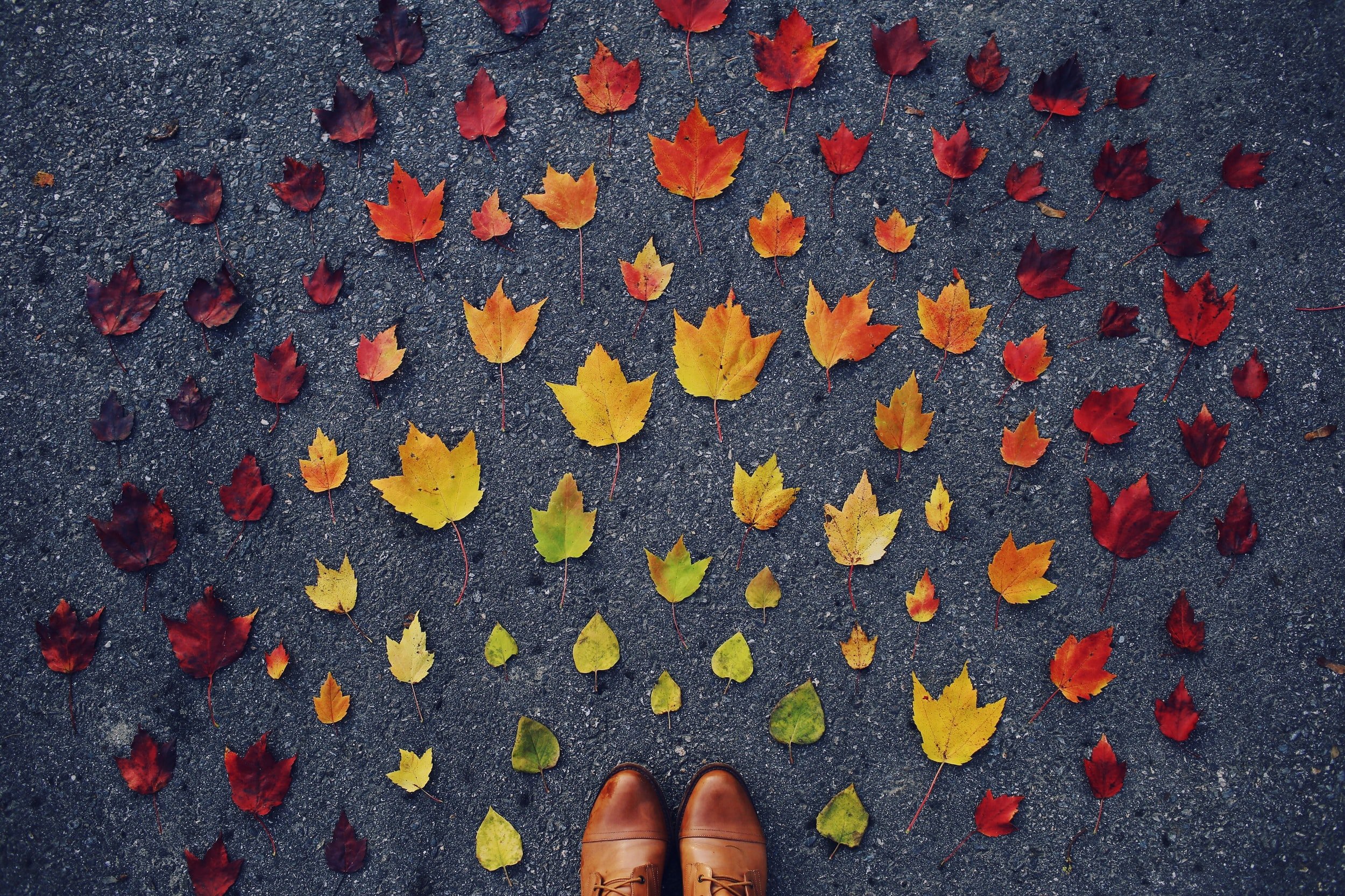After the Fall
I'm so honored that the Elizabeth Ayers Center for Creative Writing chose my essay as the winner of their October photo prompt contest. You can visit the Center at www.creativewritingcenter.com for online classes, retreats, and compassionate writerly advice. I highly recommend their newsletter and blog.
After the Fall by Karen Elizabeth Baril
This year, it's less about raking leaves than it is about love.
Dad, post heart attack, stands on the porch looking lost in a pair of baggy sweats, which are too big for his shrunken frame. He’d been lucky, the doctor told us. Really lucky.
Mom passes me a rake. “Do you want to borrow my gloves?”
I smile and shake my head. I want to feel the wooden rake handle, solid and cool, made of maple in my hand. Mom, a little unsteady on her feet, sweeps the leaves into mountains.
We labor for hours, a sweet smell of decay in the air, that reminds me of an old cider cellar. The neighbors have a wood fire going and I know I’ll go home smelling of damp smoke and leaves.
I visited a house in Connecticut one summer, a house with wainscoting painted by the impressionists. Golds, reds, yellows, blues, against the white paneling. This day takes on the light and quality of one of those impressionist paintings. On this day, every color has taken to the stage; not just the golds and yellows and reds, but the rich browns and the weatherworn grays of the trees.
Dad pitches a volley of corny jokes from the railing. Mom laughs or shouts, “Oh Don, really!” but neither one of us asks him to stop. This year, dad’s jokes fuel the labor. They’re as necessary as the rakes in our hands.
Dad tells us an old story of the tandem bicycle they’d had in England. He’d huff and puff up the hills, straining to make the bicycle move forward. When he glanced over his shoulder to see what the trouble might be, he caught mom with her feet on the handlebars. A good joke if ever there was one.
“Well,” he said, “I was young, then. I could do it.”
We rake throughout the afternoon. When we have five mounds of leaves, Mom turns to me satisfied. “We did it!” Then she drops her rake, spins around, arms towards the sky, and plummets backward onto her pile of leaves. A cloud of leaf and color rises up around her.
She lies flat on her back, moving her arms and legs in and out in wide arcs.
“Look!,” she says, “I’m making a snow angel!”
“You can’t make a snow angel in leaves,” I tell her, feeling stingy.
“Oh, I yes I can! I am!”
Dad stands up to watch. “Just look at her,” he said, “I wish I had a camera.”
I offer my hand to help mom up, but she’s not ready. She’s a child again, an impulsive girl, exuberant, making of herself an angel.
I catch a falling leaf in my hand. It’s more yellow than orange or red. I trace the veins of the leaf with the tip of my finger, out to its points and down to its stem, still soft and supple. There’s life here, I think. Life, even after the fall.
(Originally published by the Elizabeth Ayers Center for Cr

